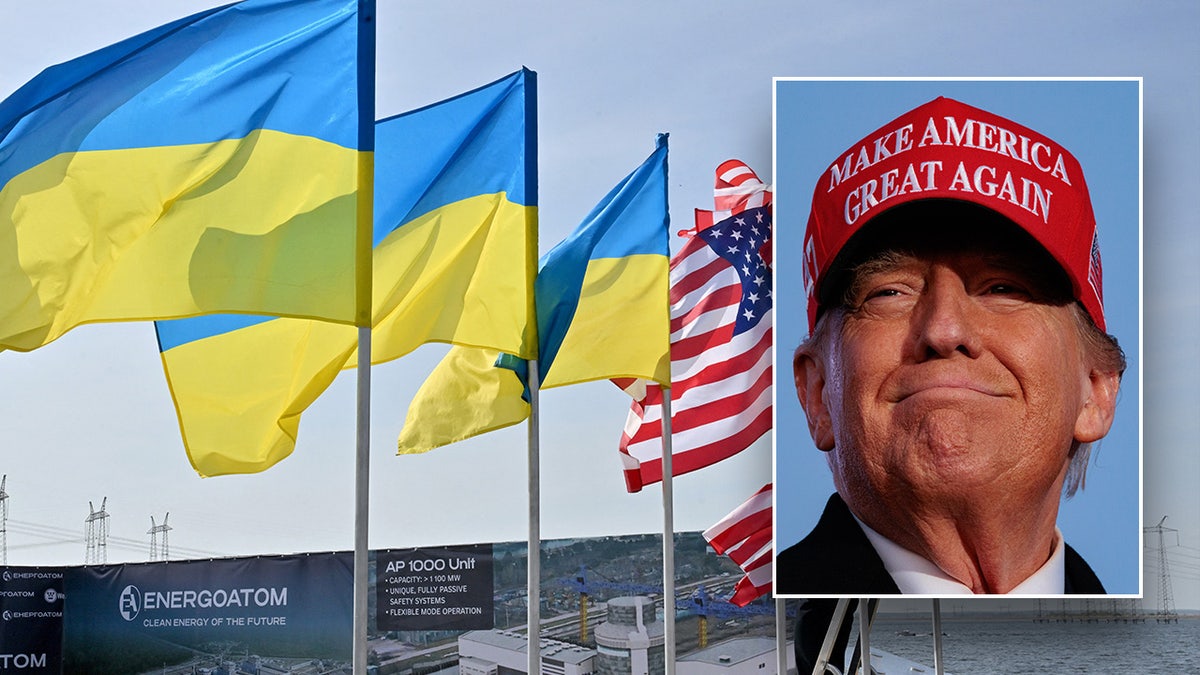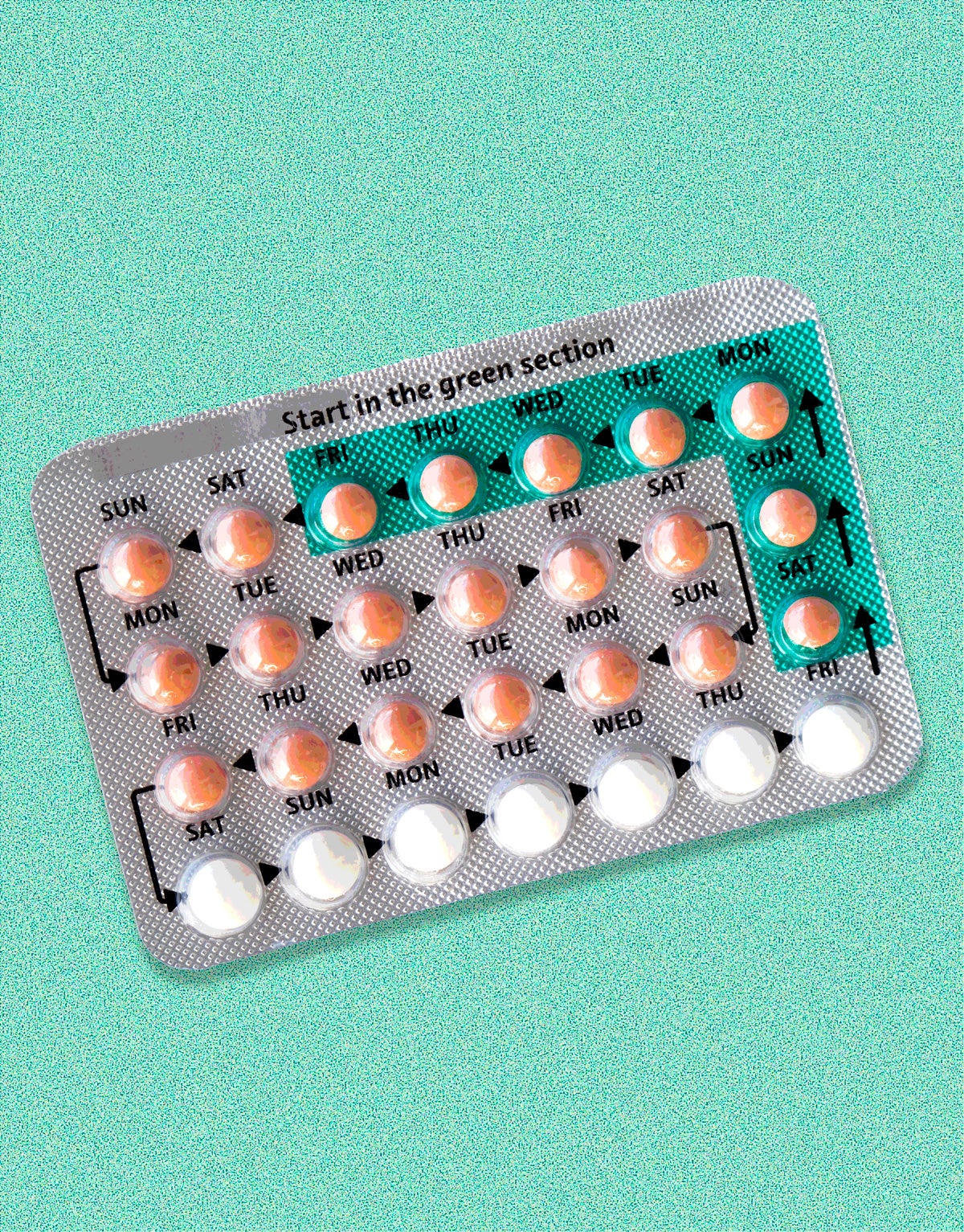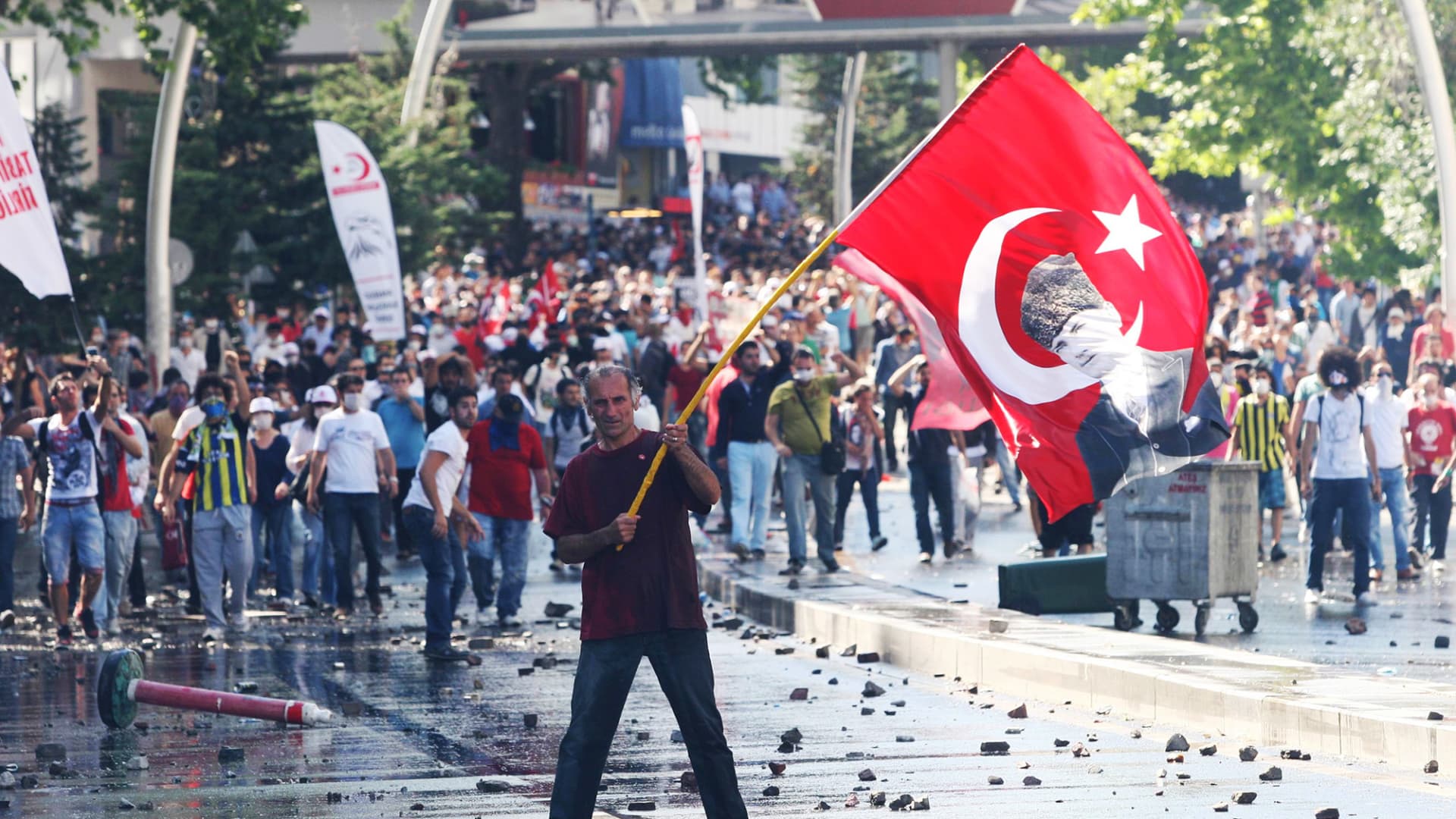NATO Membership For Ukraine: Trump's Perspective And The Future Outlook

Table of Contents
Trump's Stance on NATO and Ukraine
Trump's views on NATO were consistently characterized by skepticism. He frequently questioned the alliance's value, particularly criticizing the burden-sharing amongst member states. He argued that some allies were not contributing their fair share to collective defense, a sentiment that fueled considerable tension within the alliance.
- Criticisms of NATO Allies: Trump repeatedly criticized European allies for not meeting their financial commitments to NATO, publicly suggesting that the US might reduce its involvement if these commitments weren't met.
- Statements on Ukrainian NATO Aspirations: Trump's statements regarding Ukraine's NATO aspirations were often ambiguous. While he acknowledged Ukraine's right to self-determination, he also expressed reservations about NATO expansion, particularly in light of potential escalations with Russia. He sometimes seemed to suggest a transactional approach to the issue, linking Ukrainian NATO aspirations to other geopolitical considerations.
- Skepticism towards NATO Expansion: Trump consistently voiced skepticism towards expanding NATO membership, viewing it as potentially provocative and increasing the risk of conflict. He often prioritized a more transactional and bilateral approach to foreign policy, contrasting sharply with the traditional multilateral approach favored by many NATO members.
Trump's reasoning stemmed from a belief that NATO was outdated and that the US was carrying an unfair burden. His frequent criticisms, coupled with his perceived reluctance to unequivocally support Ukrainian NATO aspirations, fueled debates about the future of transatlantic security cooperation and Ukraine's place within it. For example, his reported reluctance to provide certain military aid to Ukraine, despite the ongoing conflict, highlighted a disconnect with the established NATO policy of supporting its partners facing external aggression.
Arguments Against Ukrainian NATO Membership (from Trump's perspective and others)
Arguments against Ukrainian NATO membership, echoed by Trump and others, often center on the potential for increased regional instability and conflict.
- Increased Risk of Direct Conflict with Russia: The primary concern revolves around the potential for direct military conflict between NATO and Russia, a nuclear power, should Ukraine join the alliance. Russia has consistently viewed NATO expansion eastward as a direct threat to its security interests.
- Escalation of Tensions in Eastern Europe: Granting Ukraine NATO membership could further escalate existing tensions in Eastern Europe, creating a volatile security environment and potentially destabilizing the region. The annexation of Crimea and the ongoing conflict in Donbas serve as stark reminders of the fragility of peace in the region.
- Concerns about the Readiness and Capacity of the Ukrainian Military: Questions have been raised about the Ukrainian military's readiness and capacity to meet NATO's standards. While Ukraine has made significant strides in military modernization, some argue that its capabilities still fall short of full NATO integration.
- Geopolitical Complexities and Unforeseen Consequences: The geopolitical landscape is complex, and integrating Ukraine into NATO carries potential for unforeseen consequences, including unpredictable reactions from Russia and other regional actors. These uncertainties make the decision exceptionally challenging.
The potential consequences of NATO membership for Ukraine are significant. Weighing the benefits of collective security against the risks of direct confrontation with Russia requires careful consideration. Russia's clear opposition to Ukrainian NATO membership underscores the high stakes involved.
The Current Geopolitical Landscape and Ukraine's Aspirations
The ongoing conflict in Ukraine, sparked by Russia's full-scale invasion in 2022, has fundamentally reshaped the geopolitical landscape and intensified the debate surrounding Ukraine's NATO aspirations.
- Ukraine's Continued Desire for NATO Membership: Despite the ongoing war, Ukraine's desire to join NATO remains steadfast. Membership is seen as crucial for ensuring long-term security and territorial integrity.
- Positions of Other Key NATO Members: While some NATO members strongly support Ukraine's aspirations, others remain hesitant, citing concerns about escalating the conflict with Russia. The US, a key NATO ally, has expressed support for Ukraine’s right to choose its security arrangements but has not committed to a specific timeline for membership.
- Recent Developments and Shifts in International Opinions: The war has led to a significant shift in international opinions. Many countries now view Ukraine's security as a matter of vital European and global interest, reinforcing the importance of finding a viable path towards ensuring Ukraine's security.
The evolving geopolitical context, shaped significantly by the ongoing conflict, has heightened the urgency of the debate. The war has demonstrated the vulnerability of Ukraine in the absence of a robust security guarantee and has intensified discussions regarding long-term security arrangements for the country.
Future Outlook and Potential Scenarios
The future of Ukraine's NATO membership bid remains uncertain, with several potential scenarios:
- Membership Granted: This scenario would significantly bolster Ukraine's security but could lead to a sharp escalation of the conflict with Russia.
- Membership Delayed: A delay could offer a period for de-escalation but would also leave Ukraine vulnerable in the interim. This approach might involve granting certain security assurances without full membership.
- Membership Denied: This outcome would leave Ukraine seeking alternative security arrangements, possibly through enhanced partnerships with individual NATO members or other international organizations. However, this could also be perceived as a weakening of the alliance's resolve and could be interpreted by Russia as a sign of weakness.
Each scenario carries significant implications for regional stability and international relations. Alternative security arrangements, such as strengthened bilateral partnerships or enhanced cooperation within existing security frameworks, could play a crucial role in managing the risks. The future of Ukraine's relationship with the West and the broader balance of power in Europe will depend significantly on the resolution of this critical issue.
Conclusion
Donald Trump's skepticism towards NATO expansion, coupled with the inherent risks and complexities of granting Ukraine NATO membership, highlights the multifaceted nature of this crucial geopolitical issue. Arguments for and against membership, along with the evolving geopolitical landscape, necessitate a nuanced understanding of the various perspectives involved. The ongoing conflict in Ukraine underscores the urgency of finding a solution that ensures Ukraine's long-term security while mitigating the risk of wider conflict. We encourage further discussion and analysis of NATO membership for Ukraine, exploring alternative security arrangements and engaging with diverse viewpoints to navigate this complex challenge. To further deepen your understanding of this important topic, we recommend exploring additional resources from reputable news organizations and think tanks that specialize in international relations and security studies. The future of Ukraine's NATO aspirations and the security architecture of Europe hinges on a comprehensive and informed debate.

Featured Posts
-
 Martin Luther King Jr Day To Celebrate Or Abolish A Look At Public Sentiment
Apr 26, 2025
Martin Luther King Jr Day To Celebrate Or Abolish A Look At Public Sentiment
Apr 26, 2025 -
 Complete Guide To Solving Nyt Spelling Bee Puzzle 387 March 25
Apr 26, 2025
Complete Guide To Solving Nyt Spelling Bee Puzzle 387 March 25
Apr 26, 2025 -
 Increased Security Measures Implemented For Ajax Az Game Following Fan Violence Fears
Apr 26, 2025
Increased Security Measures Implemented For Ajax Az Game Following Fan Violence Fears
Apr 26, 2025 -
 Amanda Holden And Tess Daly Daughters Desert Island Tv Experience
Apr 26, 2025
Amanda Holden And Tess Daly Daughters Desert Island Tv Experience
Apr 26, 2025 -
 Het Raadsel Van Het Zoete Nederlandse Broodje
Apr 26, 2025
Het Raadsel Van Het Zoete Nederlandse Broodje
Apr 26, 2025
Latest Posts
-
 Navigate The Private Credit Boom 5 Dos And Don Ts To Secure Your Next Role
May 10, 2025
Navigate The Private Credit Boom 5 Dos And Don Ts To Secure Your Next Role
May 10, 2025 -
 Indonesias Forex Reserves Witness Steepest Drop In Almost Two Years Analyzing The Rupiahs Role
May 10, 2025
Indonesias Forex Reserves Witness Steepest Drop In Almost Two Years Analyzing The Rupiahs Role
May 10, 2025 -
 Open Ai And Chat Gpt An Ftc Investigation Begins
May 10, 2025
Open Ai And Chat Gpt An Ftc Investigation Begins
May 10, 2025 -
 The Post Roe Era Over The Counter Birth Control And Its Implications
May 10, 2025
The Post Roe Era Over The Counter Birth Control And Its Implications
May 10, 2025 -
 Following Protests X Suspends Turkish Mayors Account
May 10, 2025
Following Protests X Suspends Turkish Mayors Account
May 10, 2025
